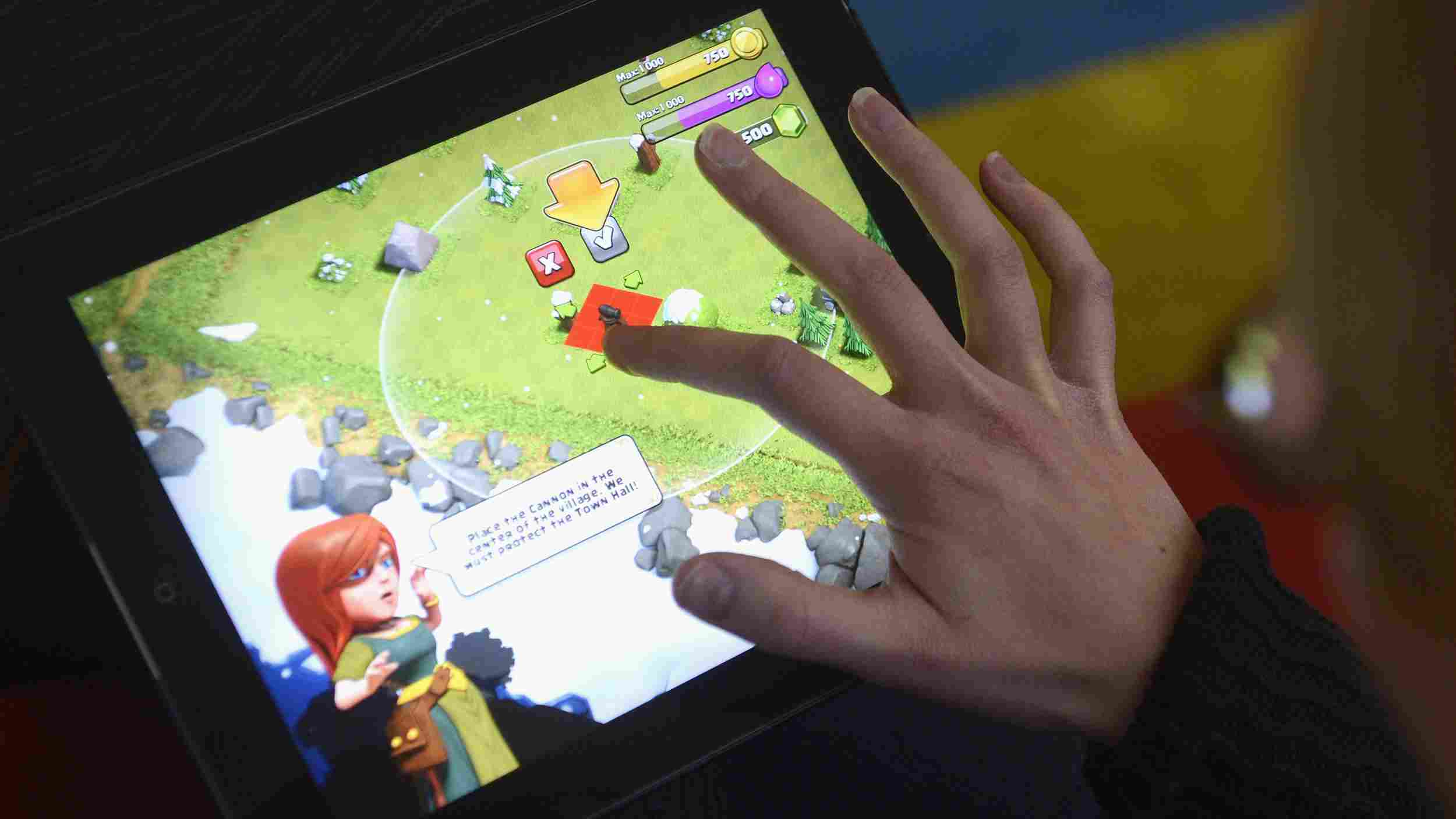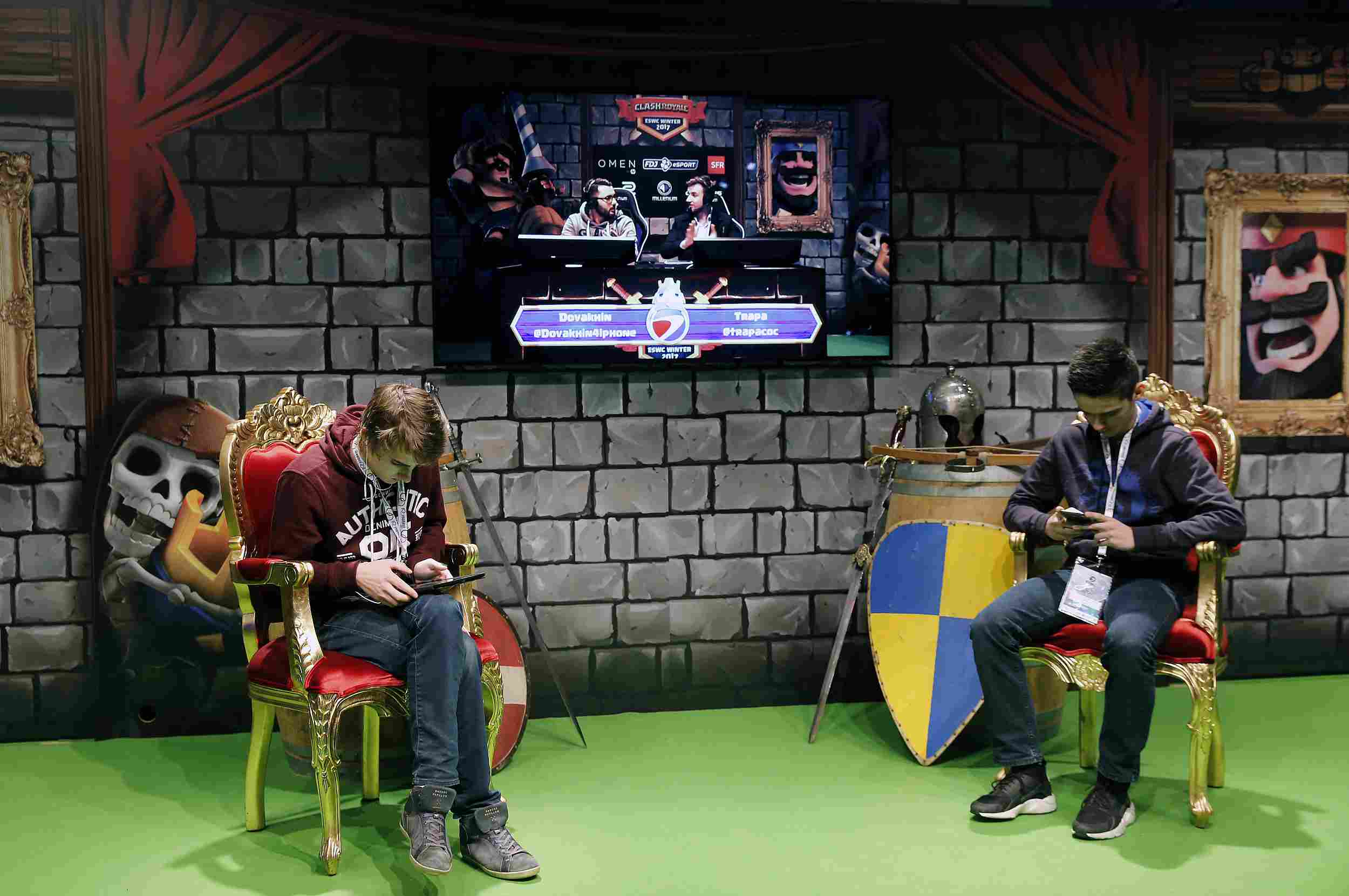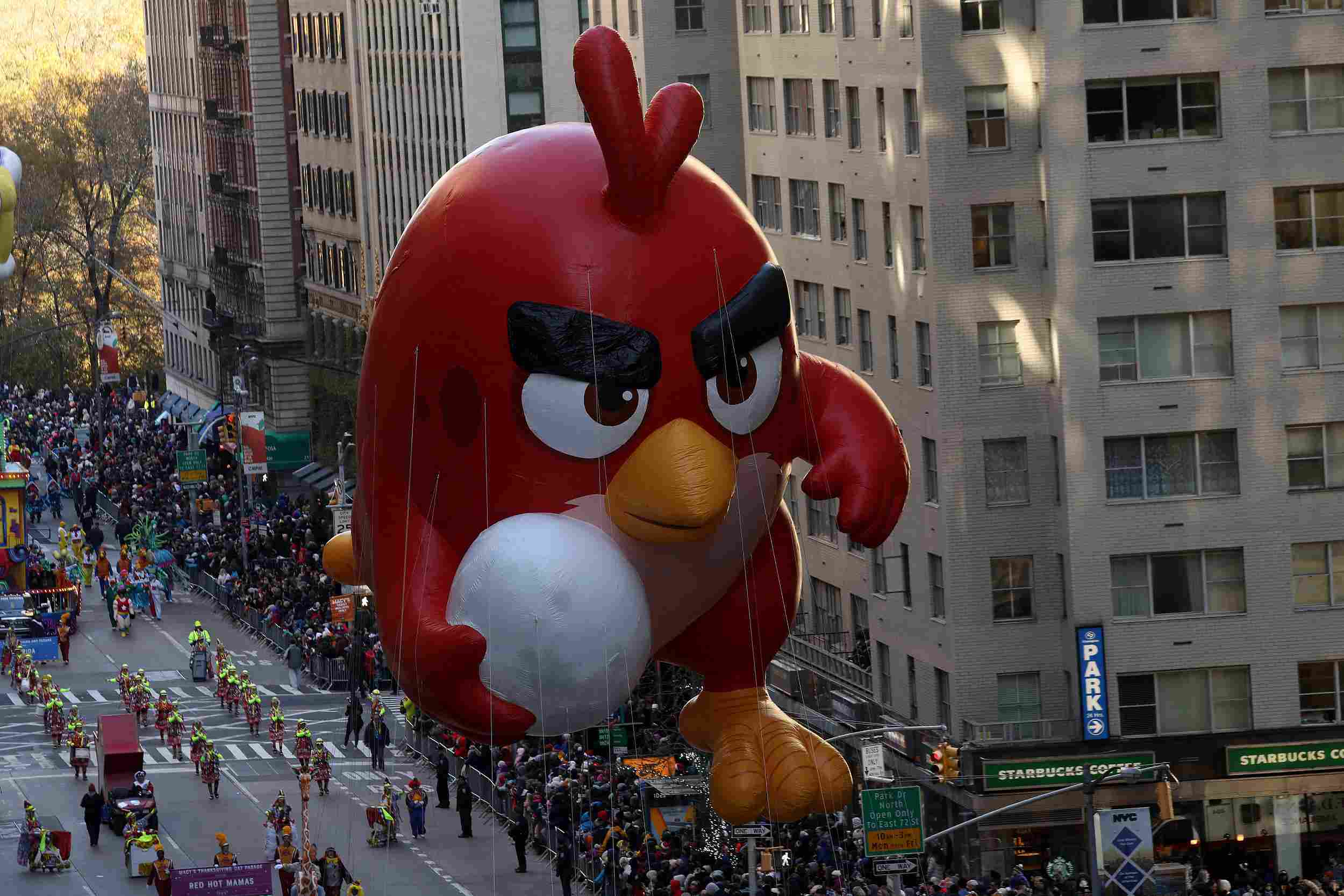
Company
15:33, 13-Feb-2019
Can mobile game developer Supercell avoid the Angry Birds trap?
Nicholas Moore

Tencent-owned mobile game developer Supercell announced Tuesday that it saw a second consecutive year of falling profits in 2018, with the company at risk of falling into the “Angry Birds" trap of failing to maintain momentum in the fast-moving handheld gaming sector.
The Finnish company, behind billion-dollar titles like Clash Royale and Clash of Clans, saw revenue drop by around 25 percent last year, with profits falling to their lowest levels in almost five years.

E-Sports players compete on Clash Royale at the eSports World Convention (ESWC) on February 17, 2017 in Paris, France. /VCG Photo
E-Sports players compete on Clash Royale at the eSports World Convention (ESWC) on February 17, 2017 in Paris, France. /VCG Photo
China's Tencent bought an 84 percent stake in Supercell in 2016 for 8.6 billion U.S. dollars, its biggest overseas acquisition and a huge outlay for a small Helsinki-based company which today still employs less than 300 staff and only has five games available to download.
2016 saw the release of Clash Royale, a free-to-download game that has been downloaded hundreds of millions of times since then, and raked in 500 million U.S. dollars of revenue within just 389 days.
As of September last year, the game was still making more than a million U.S. dollars a day from in-app purchases, repeating the success of its older sister game Clash of Clans.
The Clash games have topped charts across the world, finding success in Asia, particularly in Japan, South Korea and China.
To put Supercell's success in perspective, CEO Ilkka Paananen wrote on Tuesday that Clash Royale and Clash of Clans had made a combined revenue of 10 billion U.S. dollars, “more than major film series like Lord of the Rings and Harry Potter have made at the box office.”
While Paananen remains resolute that “short-term financial metrics has never been the most important thing for me or for us as a company,” his bosses at Tencent will be concerned at Supercell's falling profits.

An Angry Birds balloon at the November 2017 Macy's Thanksgiving Parade in New York. Despite the game's huge success, Rovio has struggled to find fans for its other series of games. /VCG Photo
An Angry Birds balloon at the November 2017 Macy's Thanksgiving Parade in New York. Despite the game's huge success, Rovio has struggled to find fans for its other series of games. /VCG Photo
The company released Brawl Stars in December, its first new game in over two years. The game made 10 million U.S. dollars in its first seven days online, but has failed to match the same success as the two Clash games.
Paananen also said that Supercell would look to become carbon-neutral in 2019, by taking part in potentially costly carbon trading to offset 39,475 tons of CO2 emissions, most of which the company identified as being caused by gamers “charging their phones… taking into account the billions of hours our players actively play in a year.”
While Paananen appears largely unconcerned by profits and revenue, Tencent may be looking on nervously after Angry Birds developer Rovio, also from Finland, reported a 57.5 percent decline in its operating profit last summer.
At its peak in 2011, the company was being touted as a company worth nine billion U.S. dollars.
By the time of its 2017 initial public offering, Rovio was worth only 896 million euros (one billion U.S. dollars).
Last November, Rovio CEO Kati Levoranta said “it is clear that we need new games in order to accelerate growth,” a task easier said than done, with the release of Angry Birds 2 and even an Angry Birds movie suggesting Rovio has struggled to move on to other projects.

SITEMAP
Copyright © 2018 CGTN. Beijing ICP prepared NO.16065310-3
Copyright © 2018 CGTN. Beijing ICP prepared NO.16065310-3